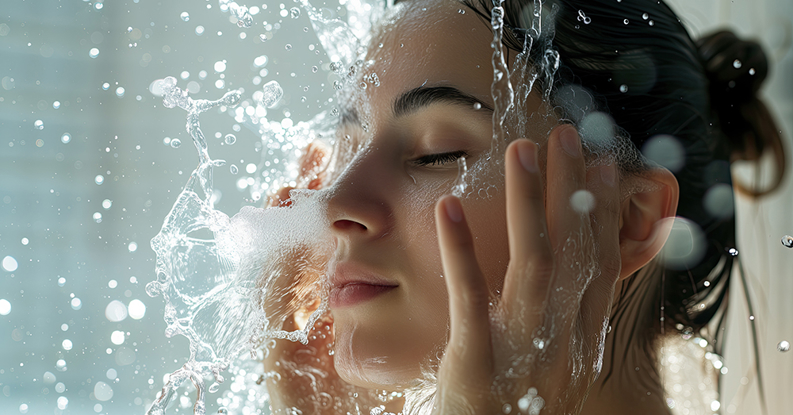Why Does Your Eyelid Twitch? Here’s What Might Be Behind It
- Category: Southwest General Medical Group, Women's Health, General Health, Family Medicine, Men's Health
- Posted On:

It often starts out of nowhere—a strange flutter in your eyelid that won’t quit. It might last a few seconds or show up on and off throughout the day. According to the American Academy of Ophthalmology, while eyelid twitching can be a little annoying and sometimes distracting, it is usually harmless.
So what’s causing those twitches? It turns out that everyday habits and common triggers might be to blame.
A Subtle Sign You Might Need a Break
Think of eyelid twitching as your body’s gentle nudge to slow down. It often happens when you're tired or worn out, especially if you're skimping on sleep or pushing through a stressful week. Even feeling mentally overwhelmed can stir up that little muscle movement around your eye.
Moreover, it’s not just stress and fatigue. Some lifestyle habits can play a part, too. If you've been relying on several cups of coffee to get through the day or enjoying a few drinks at night, your nervous system might react to all that stimulation. The same goes for smoking; nicotine can trigger muscle twitching in some people.
Environmental Triggers You Might Not Notice
Sometimes, it’s not what’s happening inside your body but what’s happening around you. Bright lights, windy weather or exposure to air pollutants can irritate the delicate surface of your eyes and eyelids. This irritation can cause the muscles to react with a repetitive twitch, almost like a reflex.
Let’s not forget screen time. Long hours on the computer or scrolling through your phone without giving your eyes a break can make them feel strained and tired, prime conditions for twitching.
Irritation Can Set Things Off
If you’ve ever had allergies, dry eyes or even just rubbed your eyes too hard, you know how sensitive that area can be. Anything that causes irritation, whether it’s from dryness, inflammation or a little too much rubbing, can lead to those unexpected spasms. Even something as simple as wearing contacts for too long can throw things off.
When It’s Worth Seeking Care
Most eyelid twitches go away on their own, and don’t need any medical attention. But there are exceptions. If the twitching lasts longer than a week, affects other parts of your face or comes with additional symptoms like swelling, redness or your eyelid fully closing during a spasm, it’s a good idea to check in with your healthcare provider.
What You Can Do
The good news? Minor changes to your routine are often all it takes to stop the twitching. Try getting a little more rest, taking regular breaks from screens, staying hydrated and dialing back on caffeine and alcohol if you’ve been overdoing it. Managing stress with exercise, deep breathing or quiet time also can help calm those eye muscles.
Eyelid twitches might be annoying, but in most cases, they’re just a sign that your body needs extra care.



